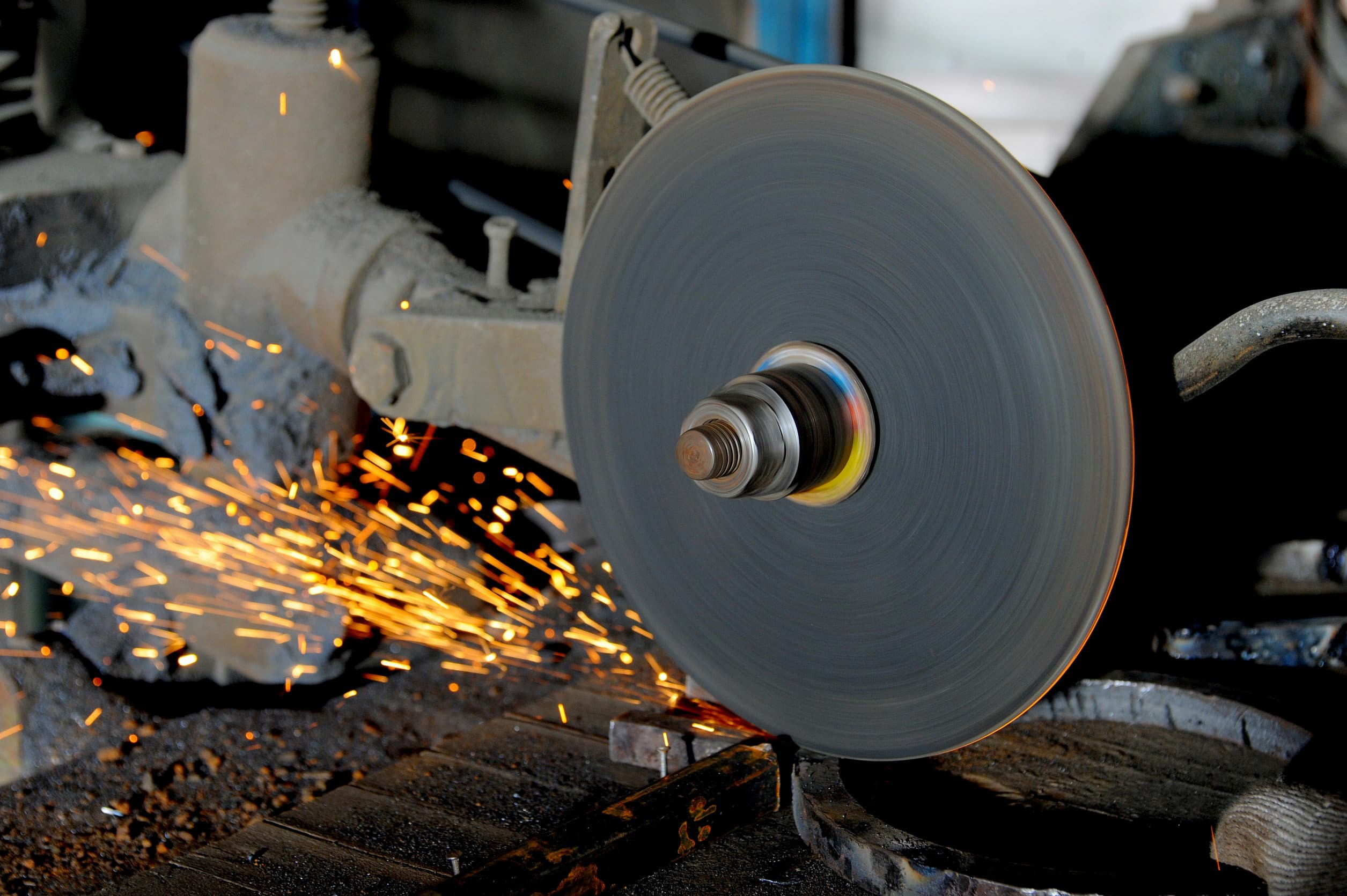


 349,500 Offered Certificates
349,500 Offered Certificates
 24/7 Online Training
24/7 Online Training
 Money Back Guarantee
Money Back Guarantee
 Fully Accredited Courses
Fully Accredited Courses

Created at: 22-02-2025 23:07
Abrasive wheels are critical tools in many industries, providing the ability to cut, grind, and polish materials. Understanding the different types of abrasive wheels and their appropriate applications is essential for ensuring workplace safety and efficiency. In this comprehensive guide, we'll discuss the various types of abrasive wheels, explore their applications in different sectors, identify the specific risks associated with each type, and emphasize the importance of training and certification for safe operation.
Cutting wheels are designed for cutting metal, masonry, and other materials. They are generally thinner than grinding wheels, enabling precise cuts.
Grinding wheels are thicker and are used for grinding and shaping materials. They can be utilized for both heavy-duty tasks and fine finishes.
Polishing wheels are designed to give a high sheen to surfaces. They can be made from cloth, felt, or other materials, often combined with polishing compounds.
Abrasive wheels serve a wide range of purposes across various industries:
Each type of abrasive wheel has associated risks that proper training can mitigate:
To safely operate abrasive wheels and minimize risks, appropriate training and certification are necessary:
Professionals in Dublin, Cork, Galway, Limerick, Waterford, and other major cities can find a range of abrasive wheels training programs, including:
In conclusion, understanding the types, applications, and risks associated with abrasive wheels is paramount for safe practices in various industries. Investing in certified training and education on abrasive wheels will not only safeguard workers but also enhance operational efficiency across Dublin, Cork, Galway, Limerick, Waterford, and beyond.
For more information on getting started with Abrasive Wheel Training, contact us at [email protected].